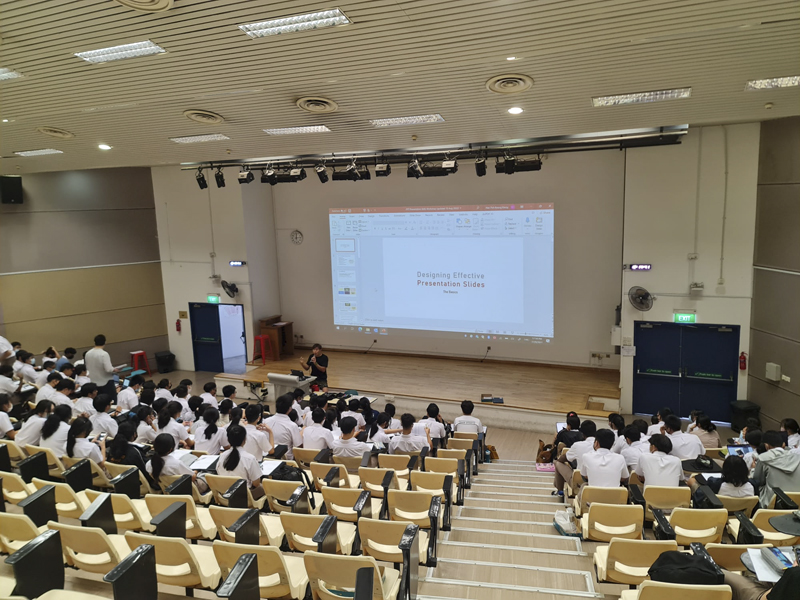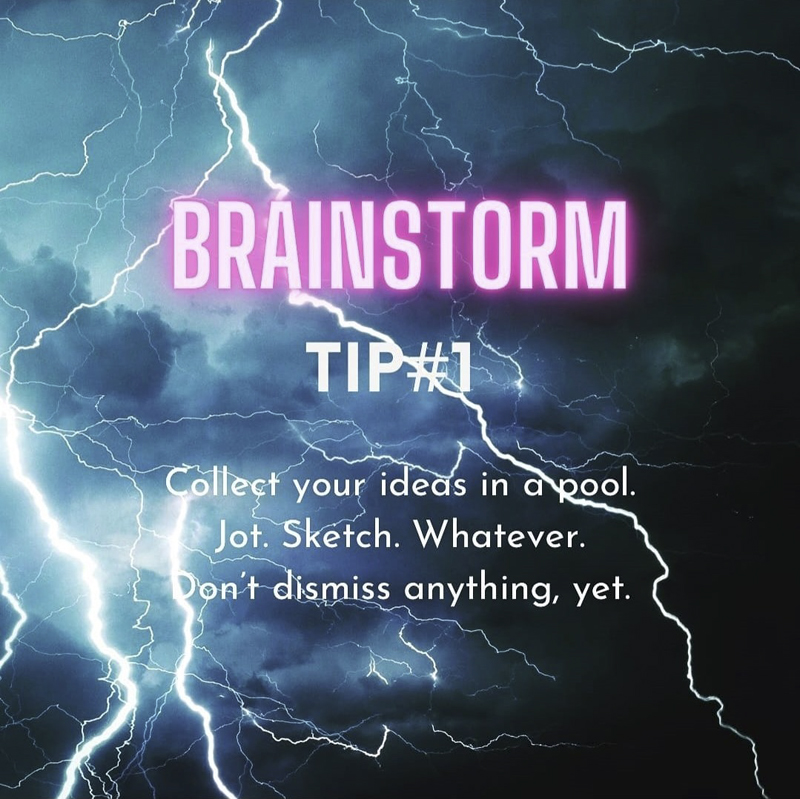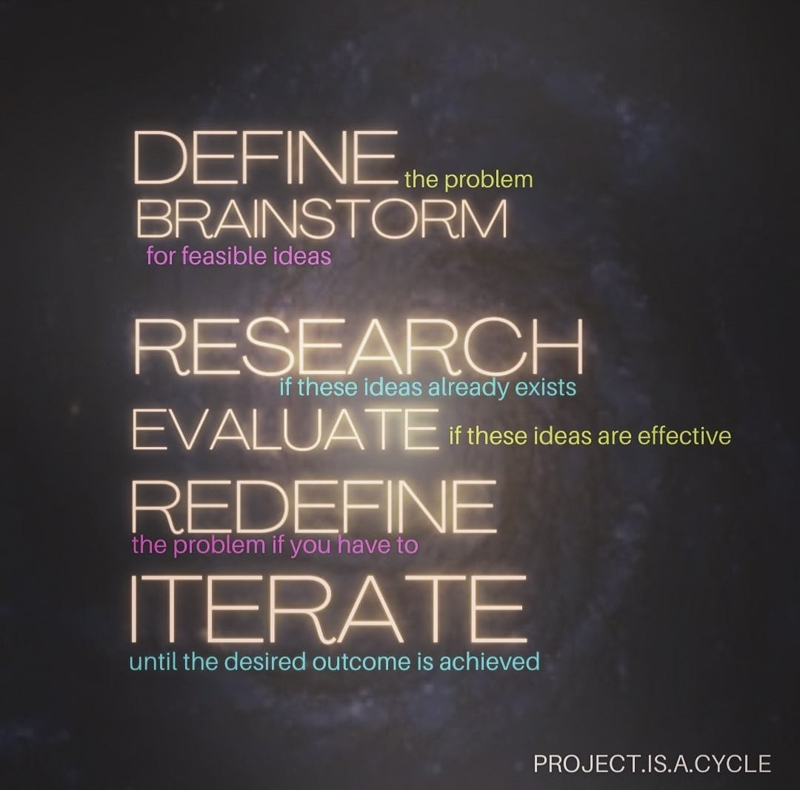Project Work
In today’s dynamic and fast-changing world, students need to learn how to engage with issues, and process information that is often unmediated and not subject-specific. Students also need to learn to work together on tasks that require a repertoire of skills and to apply what they have learnt to complete a project in a group. This is the principle on which Project Work (PW) at the H1 level has been anchored and developed. Hence, PW provides a learning experience which aims to provide students with the opportunity to synthesise knowledge from various areas of learning, and critically and creatively apply them to real-life situations. This process enhances students’ knowledge and enables them to acquire skills such as collaboration, communication and independent learning, preparing them for lifelong learning and future challenges.
Essentially, PW is about investigating and solving real-world problems. As a subject, it aims to develop in students a set of relevant skills (thinking, collaborative, creative) through a structured process and in so doing, equip our students with competencies that are relevant to the world of work today.
To achieve the learning outcomes of PW and to prepare students for the future, TMJC adopts Design Thinking as a methodology. Solutions are developed using a human-centric approach to meet the real needs of the target group(s), an approach that is becoming increasingly crucial in solving real-world problems today. Students undergo an introduction to Design Thinking to equip themselves with the necessary skills. Critical role-play as a pedagogical approach is also adopted to help elicit the user experience, an essential aspect in Design Thinking.
Students also get to attend various programmes, such as workshops that equip students with the necessary soft and hard skills. These include workshops such as the basics of 3D modelling and the essentials of evaluative writing. The PW Team Leaders also undergo the PW Team Leader Seminars to raise their leadership awareness and competencies. The Leadership Challenge Model, developed by Kouzes and Posner, is adopted and modified to the PW context, with an added focus on Conflict Resolution. In addition, to support students’ independent learning, Independent Learning Modules (ILMs) may also be introduced at various junctures of the students’ PW journey.
For more information on the H1 Project Work syllabus:
Project Work H1 Syllabus 8808






